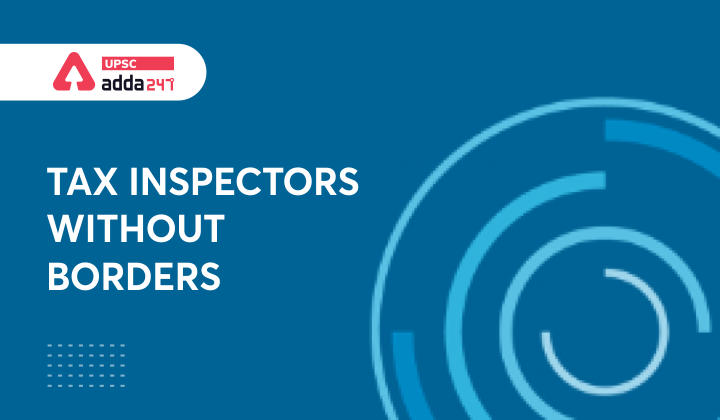Table of Contents
Tax Inspectors Without Borders India: Relevance
- GS 2: Bilateral, regional and global groupings and agreements involving India and/or affecting India’s interests.
Tax Inspectors Without Borders India: Context
- Recently, Tax Inspectors Without Borders (TIWB), a joint initiative of the United Nations Development Programme (UNDP) and the Organisation for Economic Cooperation and Development (OECD), launched its programme in Seychelles.
Tax Inspectors Without Borders India: Key points
- This programme is the sixth TIWB programme which India has supported by providing Tax Expert.
- India was chosen as the Partner Administration and has provided Tax Expert for this programme.
- This programme is expected to be of 12 months duration.
- India, in collaboration with the TIWB Secretariat and support of the UNDP Country Office in Mauritius and Seychelles, aims to aid Seychelles in strengthening its tax administration.
- It will be done by transferring technical know-how and skills to its tax auditors through sharing of best audit practices.
- The focus of the programme will be on Transfer Pricing cases of tourism and financial services sectors.
Previous host
- Tax Inspectors Without Borders (TIWB) launched its programme in Bhutan in June 2021.
- This programme was expected to be of about 24 months’ duration through which India in collaboration with the UNDP and the TIWB Secretariat aimed to aid Bhutan in strengthening its tax administration by transferring technical know-how and skills to its tax auditors, and through sharing of best audit practices.
How to prepare for UPSC CSE Mains Examination – Step-by-step guide for beginners
Patents (Amendment) Rules, 2021
About TIWB
- Tax Inspectors Without Borders (TIWB) is a joint initiative of the Organisation for Economic Co-operation and Development (OECD) and the United Nations Development Programme (UNDP) supporting countries in building tax audit capacity.
- TIWB Programmes complement the broader efforts of the international community to strengthen co-operation on tax matters and contribute to the domestic resource mobilisation efforts of developing countries.



 TSPSC Group 1 Question Paper 2024, Downl...
TSPSC Group 1 Question Paper 2024, Downl...
 TSPSC Group 1 Answer key 2024 Out, Downl...
TSPSC Group 1 Answer key 2024 Out, Downl...
 UPSC Prelims 2024 Question Paper, Downlo...
UPSC Prelims 2024 Question Paper, Downlo...







